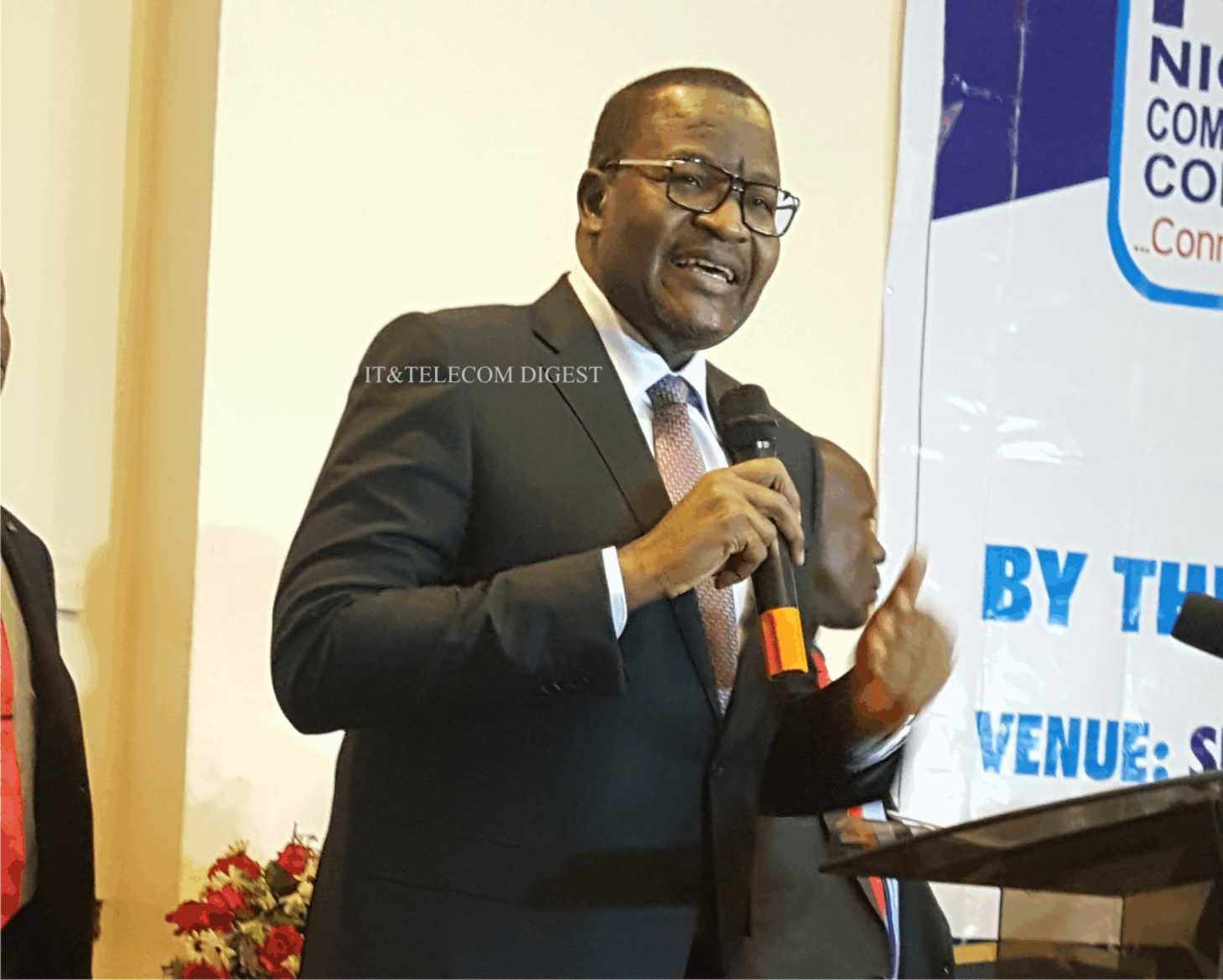From the lunch of 4G LTE networks to the licensing of 2.3GHz spectrum among others, specifically for the deployment of Broadband services, Nigeria, by all indications, is getting closer to her aspiration of ubiquitous broadband access for all her citizens, thereby creating a new digital economy that the country has been craving for. Incidentally, a bolder assurance that the dream will be realised in not too distant future has emerged with the planned release of another spectrum in the 2.6GHz band by the Nigerian Communications Commission (NCC).
With its resolve to deliver broadband for all Nigerians, the Nigerian telecom regulator could be seen laying strong foundations for what will be the digital era for Nigeria through its programmes and policies over the past few years. And it is for the same reason the Commission has now decided to license another important spectrum, which will fast-track broadband deployment.
The 2.6GHz spectrum frequency, while enhancing speedy deployment of broadband services across the country, is also expected to create opportunity for the deployment of advanced wireless 4G Long Term Evolution (LTE) technology services, as well as standardisation and harmonisation of telecoms operations. According to the Commission, the planned licensing of 2.6 GHz Spectrum was necessitated by the need to open up the space for the delivery of present and future generations of broadband services to subscribers in consonance with the Nigerian National Broadband Plan of 2013.
The 2.6 GHz band, which spans from 2.5 GHz band to 2.7 GHz band, is generally considered to cover the frequency range between 2500-2690 MHz, although there are some minor national variations among countries in the use of the frequency band. The frequency band was designated for mobile terrestrial services and other applications of the frequencies in this band include satellite services – fixed, mobile, and broadcast – as well as terrestrial video broadcasting.
After a wide consultation with the relevant industry stakeholders to determine the demand and the best way to issue the Spectrum, NCC said it would be licensing the available 2 X 70 MHz slot in slots of 5 MHz to be aggregated by applicants through the Spectrum auction process. The auction process had commenced with the publication of the resumption of the 2.6GHZ frequency spectrum auction notice on February 25, 2016, which was followed by a period for the submission of questions to the commission, relating directly to the licensing process defined in the information memorandum, and the period elapses by April 16. By April 29, the application closed, to give room for the auction committee to scrutinise the applications and inform those that will qualify for the bidding exercise. According to the auction time-table, by May 6, NCC will notify qualified bidders with notification of mock auction, auction date and publication of mock auction and by May 16, 2016, the Commission will conduct mock auction while the auction proper will be conducted between 17th and 19th of May, 2016. According to the regulator, grant stage will hold on May, 20th, 2016 while publication of provisional winners, notification of provisional award of license will be June 10, 2016. By June 13, 2016, winners will be expected to pay for the licence while June 13, 2016 will be the date for the publication of final result.
The Commission said it would offer the Spectrum on a technology neutral basis and can be used to provide any telecommunications services. However, for roll-out of services, NCC said it would follow the International Telecommunication Union (ITU) recommendation setting aside Spectrum in the 2.6GHz band for the provision of advanced wireless broadband services.
This is no doubt a good development and a boost for all the efforts that have been put in place in the past. Recall that the NCC had earlier licensed two infrastructure companies (Infracos) to bridge broadband infrastructure gaps for Lagos and North Central. Yet, efforts are being put in place by the Professor Umar Danbatta-led NCC to fast track appointment of Infracos for other regions of the country. “We will during the course of 2016 licence InfraCos for North East, North West, South East, South-South and South West”. Incentives are being packaged by Government for these potential operators to assist them to launch services and make broadband internet very readily available especially in the major cities. We look forward to when Internet connectivity will be free and I know we will get there” the NCC boss had said recently.
Of course, with a vision to provide and optimise access to and use of affordable fixed and mobile broadband everywhere in Nigeria, continues to seek ways of deepening broadband penetration by promoting development of universally available, fast and reliable network infrastructure that will stimulate seamless broadband penetration to drive technology innovations and overall productivity of the economy. An in that regard, the planned auction of the 2.6GHz spectrum comes as a big plus and raises the hope of a better connected Nigeria in the nearest future.

